Graduate Student Day Winners
Once again the department was very successful at Graduate Student Day. We had one first place winner, Jarrell Waggoner, and two second place winners Laura Boccanfuso and Ishtiaq Rouf. Congratulations to both. For the full story see here or the links below.
- Jarrell Waggoner, Computer Science and Engineering PhD, Graph Cut Approaches for Materials Segmentation Preserving Shape, Appearance, and Topology Oral 2 - Physical Sciences 1st Place
- Laura Boccanfuso, Computer Science and Engineering PhD Remote Stress Detection with a High Precision Infrared Sensor Oral 6 - Health & Life Sciences 2nd Place
- Ishtiaq Rouf, Computer Science and Engineering MS Neighborhood Watch: Security and Privacy Analysis of Automatic Meter Reading Systems Poster 11 - Physical Sciences 2nd Place

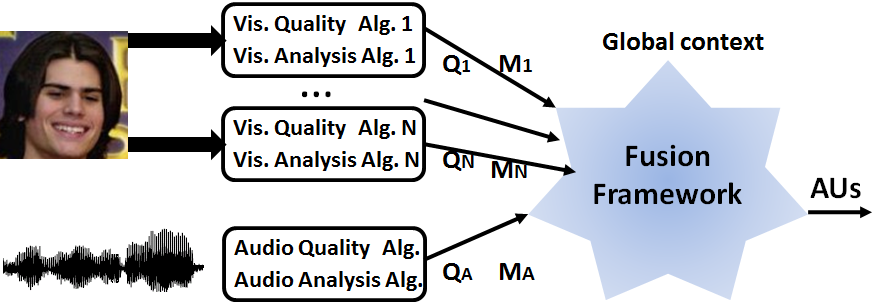
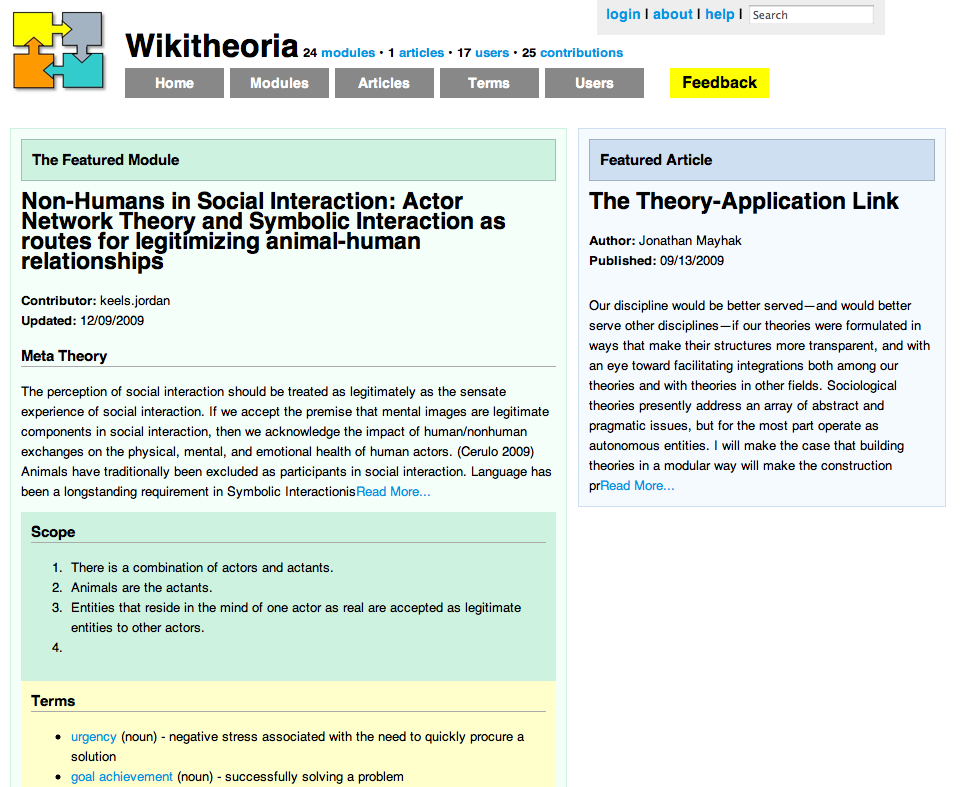
 Third year Computer Science and Engineering student Jonathan Kilby was recently awarded one of 20 Bridging Scholarships for Study Abroad in Japan. The Bridging Scholarship is a national award that offers $2500 for a semester-long study program or $4000 for a full academic year, for undergraduate students. It is coordinated by the Association of Teachers of Japanese and funded by private foundations and major U.S. corporations.
Jonathan’s interest in Japanese culture and his work toward a Japanese minor influenced his decision to apply for the scholarship, and his strong application helped him beat out a large number of other applicants. Next spring, Jonathan will participate in the USC Global Exchange program to Kansai University in Osaka, Japan, where he will enhance his Japanese skills by taking language and culture classes. He hopes to intern with Sony at one of their Japanese facilities, paving the way for his ultimate goal, to one day live and work in Japan.
For more information about the Bridging Scholarship for Study Abroad in Japan, please visit
Third year Computer Science and Engineering student Jonathan Kilby was recently awarded one of 20 Bridging Scholarships for Study Abroad in Japan. The Bridging Scholarship is a national award that offers $2500 for a semester-long study program or $4000 for a full academic year, for undergraduate students. It is coordinated by the Association of Teachers of Japanese and funded by private foundations and major U.S. corporations.
Jonathan’s interest in Japanese culture and his work toward a Japanese minor influenced his decision to apply for the scholarship, and his strong application helped him beat out a large number of other applicants. Next spring, Jonathan will participate in the USC Global Exchange program to Kansai University in Osaka, Japan, where he will enhance his Japanese skills by taking language and culture classes. He hopes to intern with Sony at one of their Japanese facilities, paving the way for his ultimate goal, to one day live and work in Japan.
For more information about the Bridging Scholarship for Study Abroad in Japan, please visit 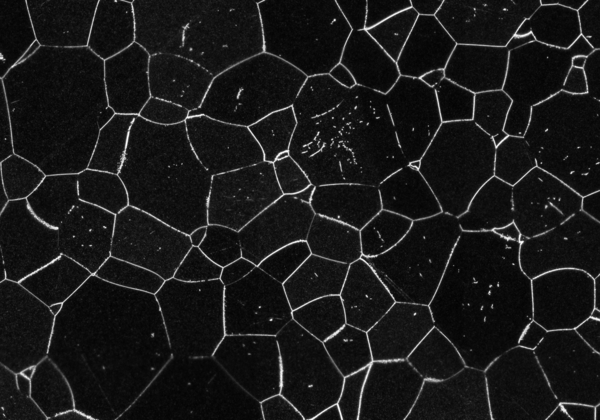
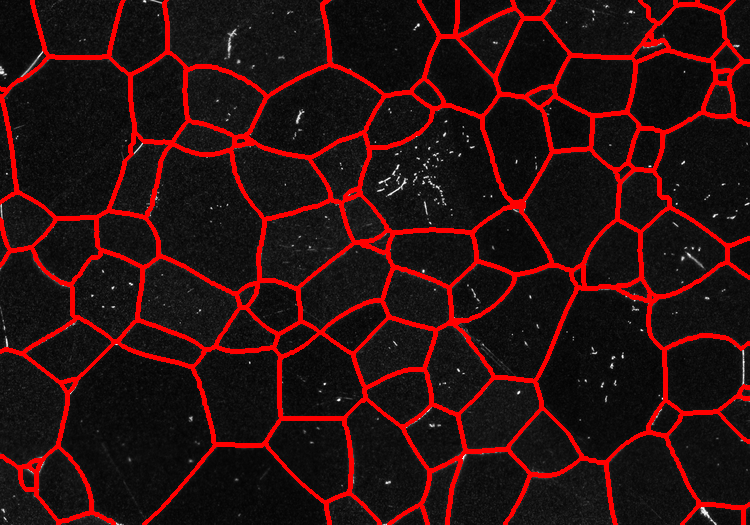
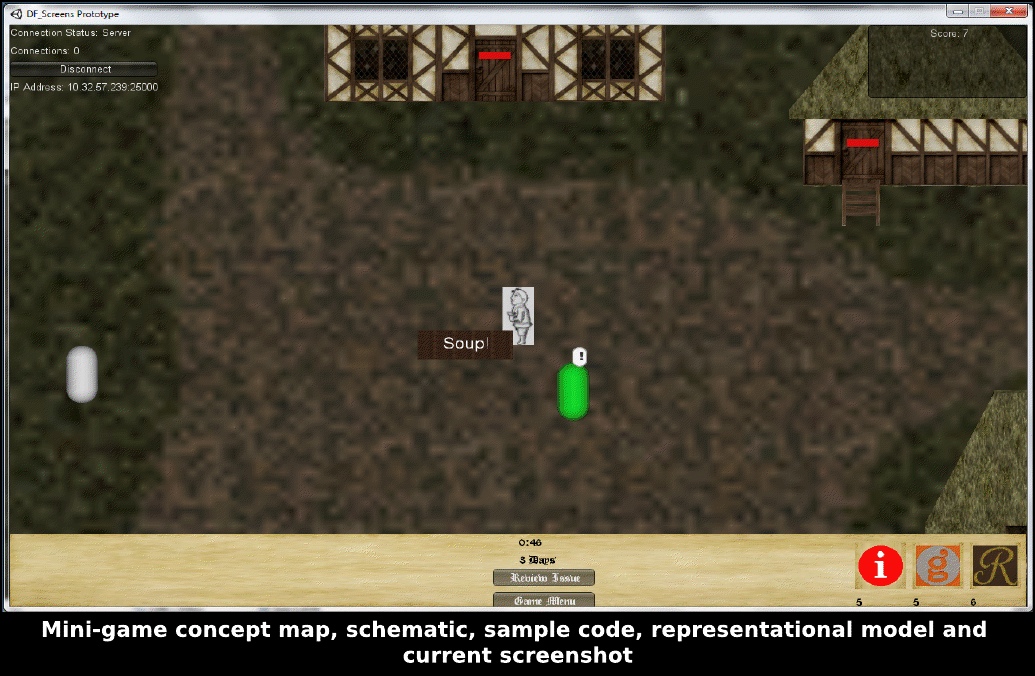
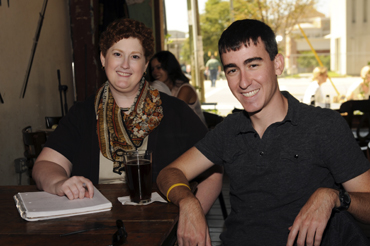
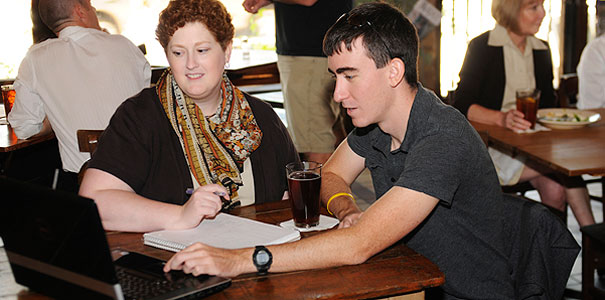


 The College of Engineering and Computing congratulates Alex Burrell on being named the SC Education Lottery Athlete of the Week. Alex is a member of the Gamecock Baseball team, #33 Left-handed pitcher, who recently graduated this May. In his
The College of Engineering and Computing congratulates Alex Burrell on being named the SC Education Lottery Athlete of the Week. Alex is a member of the Gamecock Baseball team, #33 Left-handed pitcher, who recently graduated this May. In his